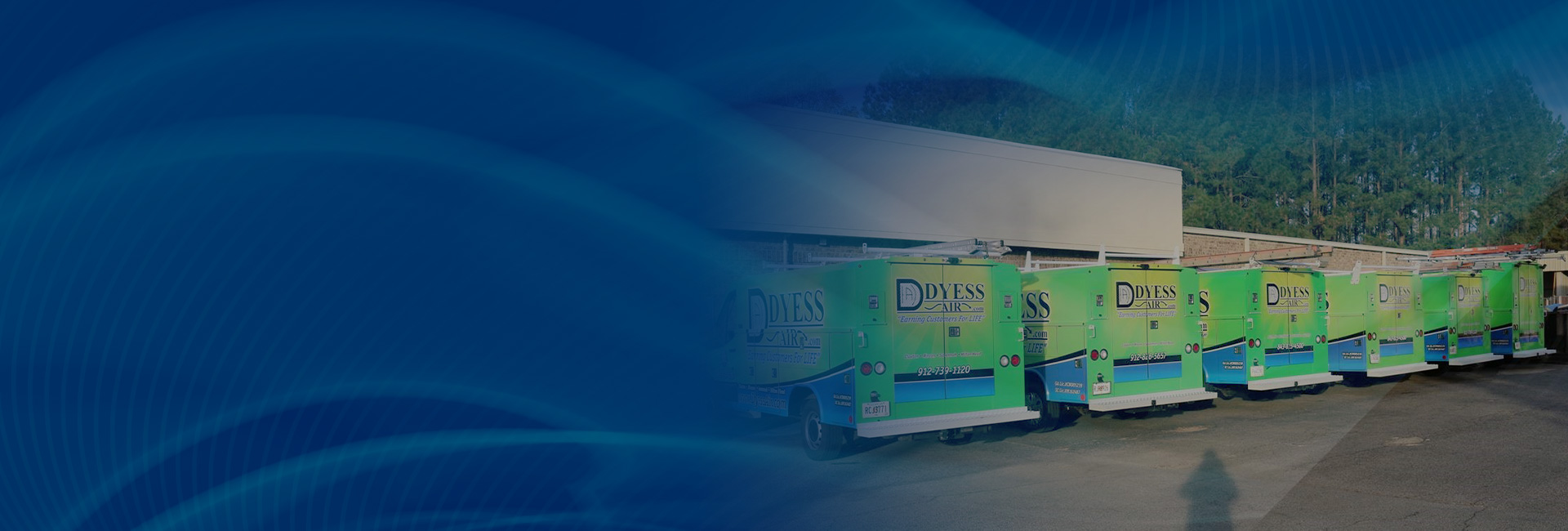In the light of the COVID-19 pandemic, we wanted to take some time to dismiss some of the misinformation that is currently out there regarding indoor air quality. We’ve seen so many claims of false cures and protections, and many of them are related to air filtration systems that are too good to be true.
As much as we often judge others online for falling for clickbait, it’s happened to us all at least once. However, the misinformation out there isn’t the same as a fake sports or celebrity rumor. Falling for false and misleading information during this time can have a direct harmful effect on you and your household.
Our number one piece of advice is to listen to government and scientific sources. Many of you are familiar with social distancing, and the general hygiene tips the Center for Disease Control (CDC) and World Health Organization (WHO) are recommending. Make sure you are staying up to date with the information these organizations are putting out.
Additionally, make sure you are watching out for the scams that are going around online right now. The Federal Trade Commission is warning of scams of teas, essential oils, and silver being offered as cures for the coronavirus. These are scams, and people are trying to exploit the fear and anxiety in society right now to take advantage of you financially. We’ve also noticed strange claims about air filters. With nearly 40 years in the HVAC industry, we like to think of ourselves as experts when it comes to indoor air quality. So we wanted to clear up some of the confusion.
What Air Filters Can Do
Air filters can make your air healthier to breathe, but they don’t kill or trap coronavirus. Even if they did, it wouldn’t really lower your risk. You are most likely to get the virus from contact with a contagious person or from surfaces where the virus can live for days.
What Exactly Does Healthy Air Mean?
Healthy air means air that’s as pollutant-free as possible. That’s difficult to achieve in our industrialized society. The WHO estimates that 90% of people regularly breathe polluted air. They estimate that this contributes to 7 million deaths each year from heart disease, lung cancer, and other health problems. However, you do have control over the air in your home and can improve indoor air quality with the right system.
What Kind of Air Filtration Systems Does Dyess Air & Plumbing Use?
We utilize two main types of air filter systems: UV and HEPA. UV or ultraviolet air purifiers have come into greater use in recent years. They do have antiviral and antibacterial properties as they essentially disinfect the air. While the research isn’t definitive, UV is likely to damage coronavirus in the air should it comes through the system.
The other is HEPA. This system is more typical. It works like the filters you might use in your day-to-day life, like a coffee filter, for example. However, instead of paper, these filters are made from fiberglass that is folded tightly together enough to capture small particles. Some can even catch particles as small as 0.1 microns, which is the size of many smoke particles and viruses. While this isn’t the most typical filter, we would recommend, it does have the capability.
Be skeptical of any product that claims to cure coronavirus or protect you from it. The best way to do that is to follow CDC and WHO instructions and implementing social distancing. That being said, healthier cleaner air can only help boost your immune system. In the same way that someone with asthma can have worse symptoms if they’re in a smoke-filled room, you may experience worse respiratory health if you have poor indoor air quality.
If you’re interested in an Indoor Air Quality Assessment, fill out our form online or call us at (843) 242-0855. Our technicians are trained in cleanliness and take the utmost care and caution when helping your home.

[1].2004090127550.png)